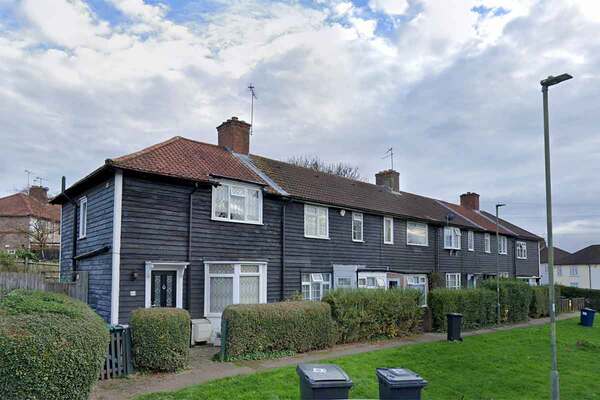You are viewing 1 of your 1 free articles
Regulator urges associations facing rent cap viability issues to talk to it ‘sooner rather than later’
Landlords that identify viability issues as a result of the government’s preferred rent cap are being advised to tell the English regulator about concerns “sooner rather than later”.
This was the message from the Regulator of Social Housing (RSH) after the government revealed that its preferred option of 5% for a new social housing rent increase cap amid soaring inflation.
Will Perry, director of strategy at the RSH, told Inside Housing that landlords need to identify their contingencies and how long it will take to implement any changes to budgets and services.
He said: “Our message would be that if an association identifies that they do have viability concerns, to come and talk to us sooner rather than later.
“Plus, where there are difficult decisions to be made, priority should be given to safety work and essential services.”
Those landlords with lower margin activities, explained Mr Perry, are going to be more vulnerable because they have less scope to reduce costs.
He added: “There is the possibility that a provider could come to us and ask for an exemption to the Rent Standard, that provision is still there.
“But landlords will have to comprehensively demonstrate that they have done everything they can to make themselves viable for that to be considered and we can only look at exemptions once the final policy is confirmed.”
Viability concerns are something credit ratings agency Moody’s picked up on last week as it warned that the cap will weaken margins, reduce interest coverage and be credit negative for housing associations.
“Depending on the response of the rating agencies, there are some providers who are on that A- boundary at the moment who may well slip to BBB,” said Mr Perry.
Lower revenues and rising costs will impact landlords’ ability to maintain interest coverage and could make the sector less attractive to lenders, but on this point Mr Perry said the sector will have to demonstrate its resilience.
He said: “The fundamentals are still there, a robust asset base and a strong revenue stream, which is often backed by government benefit payments. But rents would be lower than they might have been.”
There was also some concern from the regulator that the cap will come in at a time with interests and gilts rates are also rising.
Inside Housing reported in July that the cost of raising debt for associations had risen sharply this year as financial markets price in the cost of inflation and the fall-out from the war in Ukraine.
In the short term, Mr Perry said the combined impact of the cap restricting incomes and rising rates pushing up the cost of debt will mean landlords can take less of it on.
He added: “That will put a squeeze on how much extra borrowing landlords can take on, [which] could have a knock-on effect on new developments and investment in existing stock.”
Inside Housing has spoken to experts from across the sector to help understand the effects of the cap, the repercussions and who it will really benefit.
Sign up for our legal and regulation newsletter
Already have an account? Click here to manage your newsletters
Sign up to the Social Housing Annual Conference 2022
The Social Housing Annual Conference is the sector’s leading one-day event for senior housing leaders, which delivers the latest insight and best practice in strategic business planning. The conference will provide multiple viewpoints and case studies from a variety of organisations from across the housing spectrum, including leaders in business and local and central government.
Join your peers for a full day of intensive, high-level learning, networking and informed debate addressing the most crucial topics surrounding finance, governance and regulation to help the sector understand and manage the pressures it faces.
Find out more and book your delegate pass here.












